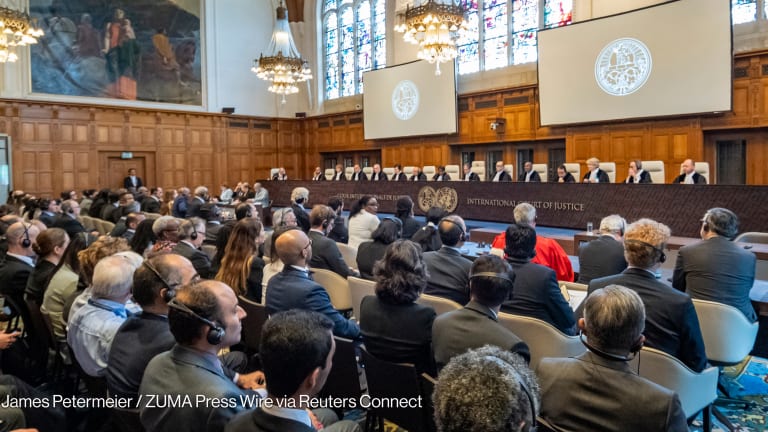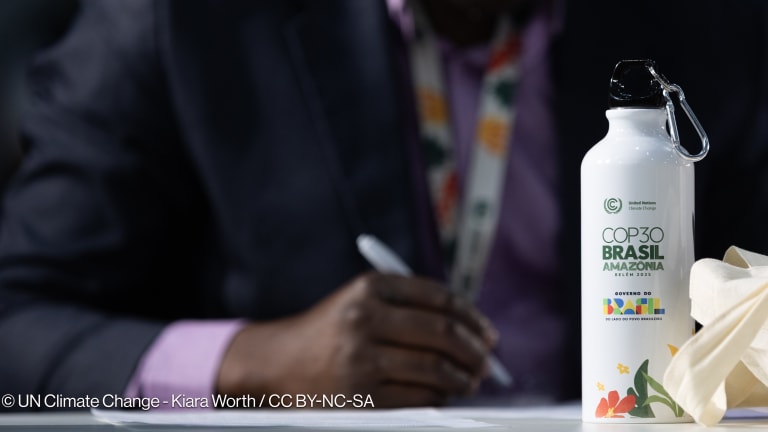As a Pacific regional climate change adviser for Save the Children Australia, Edel Heuven plays a pivotal role in supporting and guiding project implementation across the Pacific Islands, including Vanuatu, Solomon Islands, Papua New Guinea, and Tonga. Her focus is on assisting communities in adapting to and addressing the impacts of climate change.
Before joining Save the Children, Heuven served as a climate specialist and monitoring, evaluation, accountability, and learning, or MEAL, adviser at the CARE Climate Justice Center. Prior to that, she worked as a policy adviser at the Ministry of Foreign Affairs of the Netherlands and as a disaster risk reduction adviser for Finn Church Aid in Nepal. She holds two master's degrees in international development, one from Wageningen University and another from Radboud University.
A lot of her work is grounded in the Principles for Locally Led Adaptation — a set of concepts intended to guide community-led responses to climate change. She advised aspiring professionals to navigate this work with “openness to local solutions rooted in traditional knowledge and practices.”








